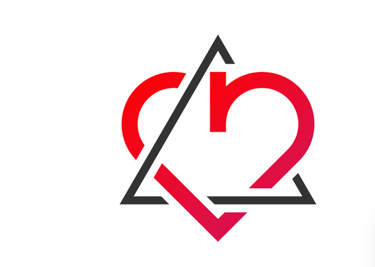Addictions
Why do we crave products that make us feel even worse<?
7/19/20232 min read


Food addictions can be a serious problem for many individuals. It is a condition where a person becomes dependent on certain types of food, often high in sugar, fat, or salt. These individuals experience intense cravings and a lack of control when it comes to their eating habits. Food becomes their primary source of comfort and pleasure, leading to overeating and weight gain. This addiction can have detrimental effects on both physical and mental health, causing obesity, diabetes, and low self-esteem. Overcoming food addiction requires a combination of therapy, support groups, and lifestyle changes. By understanding the triggers and seeking help, individuals can regain control over their eating habits and lead a healthier, more balanced life.
The adaptation mechanisms of our body play an important role. As a result of the work of adaptive mechanisms, we get used to using what harms us. If someone has tried smoking once, they may remember that the sensations for the first time were far from the most pleasant: a sore throat, dizziness, etc. But over time, all these symptoms disappeared. Why?
▶️ Since substances that cause unpleasant symptoms, or to which there is a sensitivity, come in on a constant basis, the body adapts to that. Subsequently, in order to protect us from the collapse of unpleasant symptoms associated with the cessation of the use of a particular harmful substance, the body stimulates us to use them on an ongoing basis. Such a self-defense mechanism.
At the same time, the adaptation mechanism is a great stress for the body, which can even lead to disruption of the hypothalamic-pituitary-adrenal axis, which will lead to symptoms such as weakness, irritability, inability to concentrate, weakened immunity, etc.
Allergen stress stimulates the body to produce natural opiates that act as painkillers (similar in nature to morphine and heroin) - reduce pain, promote general emotional uplift and a sense of comfort. Over time, we begin to crave such food more and more.
▶️ Some products contain exorphins, which are very similar to our natural endorphins, which, let me remind you, reduce pain, contribute to an overall emotional lift and a sense of comfort. It turns out that even if we have lactose intolerance, we can crave milk, and feel very good while drinking milk. But not for long ... And after a while we will again passionately want to drink another glass.
Most people have cravings for gluten, dairy, and sugar. Sugar does not contain exorphins, but it stimulates the production of our own endorphins, so we want more and more of it.
If the topic is interesting, then in subsequent posts I will write
1️⃣About other reasons for our craving for healthy (and not so) food.
2️⃣What are food sensitivities and intolerances and how to identify them.
☝️Please indicate in the comments which of the topics you are interested in more than 1 or 2, or both.
